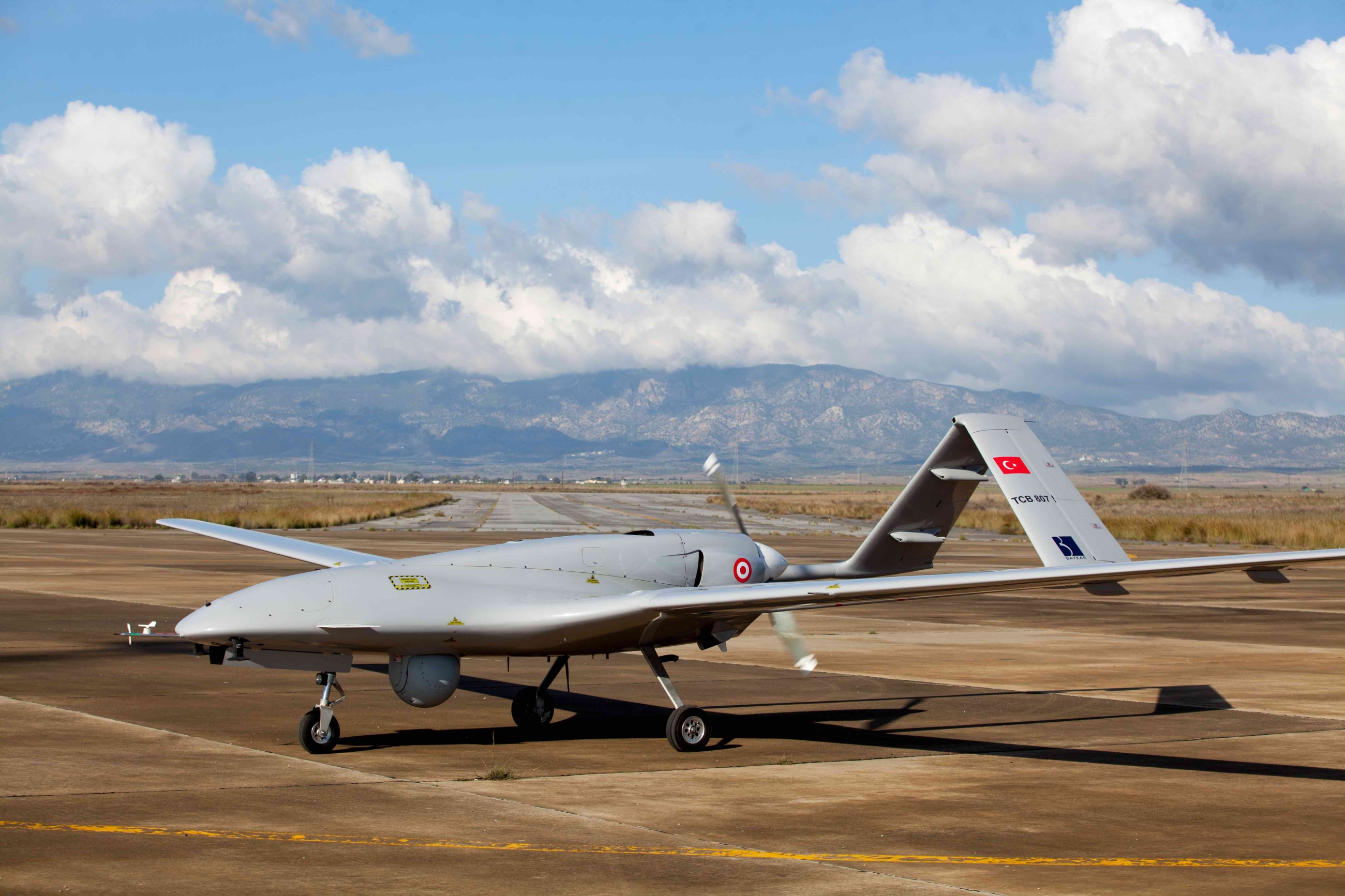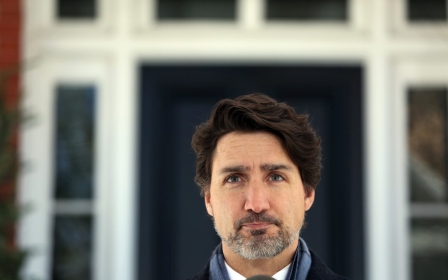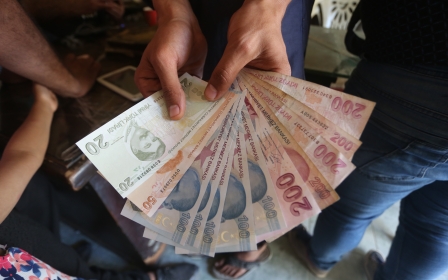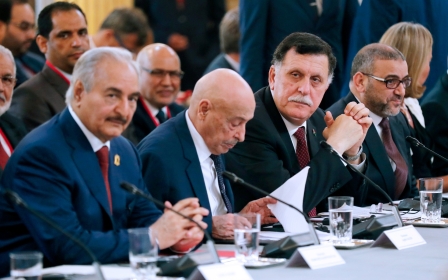Canada approves sale of drone optics to Turkey despite arms embargo

Canada has decided to approve the sales of sophisticated military drone optics to Turkey, which has been under a Canadian arms embargo since October 2019 following Ankara's military incursion into Syria, Middle East Eye can reveal.
In April, Canada extended its arms sales ban to Turkey without giving any explanations, even though other allies, such as the United States, ended similar bans against Ankara months ago.
Turkey’s main drone suppliers, Baykar and TAI, use Canadian producer Wescam’s electro-optical (EO) and infrared (IR) cameras in their armed and unarmed drones.
The decision to extend the embargo has worried the Turkish officials who actively deploy these aircraft in campaigns in Syria and Libya, where Ankara is supporting the UN-recognised government in its fight against eastern-based general Khalifa Haftar.
Several reports suggested that Turkey has also suffered losses of drones in these two battlefields and their rapid replacement is essential.
New MEE newsletter: Jerusalem Dispatch
Sign up to get the latest insights and analysis on Israel-Palestine, alongside Turkey Unpacked and other MEE newsletters
Following the decision, Turkey's top officials, including President Recep Tayyip Erdogan, Defence Minister Hulusi Akar and Foreign Minister Mevlut Cavusoglu, made a flurry of phone calls to their Canadian counterparts to resolve the problem.
“Canada has decided to issue an exemption for these military level cameras after the diplomatic exchanges,” one Turkish official, speaking on condition of anonymity due to government protocol, told MEE.
The Turkish official expects that the optics shipments will be arriving this month.
Canada’s Department of Foreign Affairs said in a statement to MEE that Canada may issue export permits for military items depending on the circumstances.
“In April 2020, Canada significantly narrowed the scope of its policy regarding the export of controlled items to Turkey,” said a spokesperson for Global Affairs Canada.
“While restrictions will continue to apply to military exports to Turkey, Canada will consider on a case-by-case basis whether there are exceptional circumstances, including but not limited to Nato cooperation programs that might justify issuing an export permit for military items.”
The spokesperson said exporters who were issued permits for similar items for Turkey prior to 11 October 2019 may continue to export during their period of validity.
Third largest buyer
Turkish officials still do not know why Canada extended its ban on arms sales to Turkey in April while removing a similar ban on Saudi Arabia - which intends to sign a multibillion-dollar arms deal with Ottowa. Canadian officials declined to provide a reason to MEE.
However, officials continue to be concerned about the other Canadian military items and training needed by the Turkish military that have also been suspended.
Last year, Turkey purchased two Canadian Bombardier Global 600 type business aircraft to use as part of locally developed Remote Electronic Support/ Electronic Attack Ability in Air Platform (HAVA SOJ).
“The aircraft are in Turkey but Canadians will not provide the required training and transfer of know-how because of these bans,” said the Turkish official. “One Canadian firm has also stopped supplying a helicopter platform needed for the national warship programme MILGEM.”
According to 2018 military export data released by the Canadian government, Turkey had purchased $115m worth of Canadian military goods, making it the third-largest buyer.
Saudi Arabia takes its place at the top of the list with more than $1bn in military purchases.
Middle East Eye delivers independent and unrivalled coverage and analysis of the Middle East, North Africa and beyond. To learn more about republishing this content and the associated fees, please fill out this form. More about MEE can be found here.




